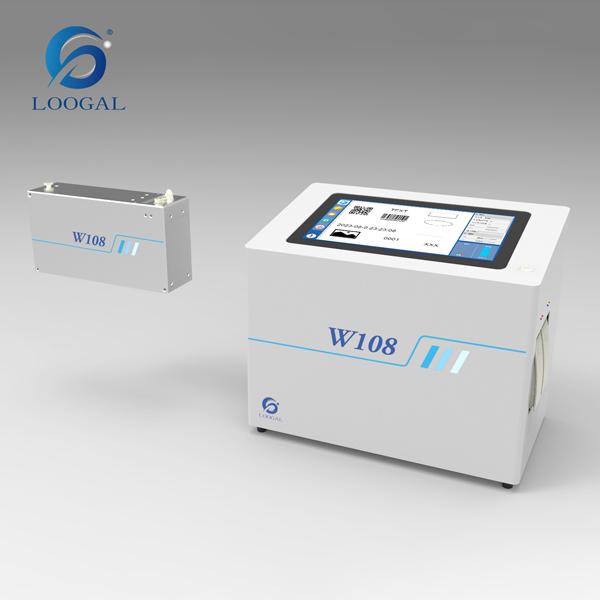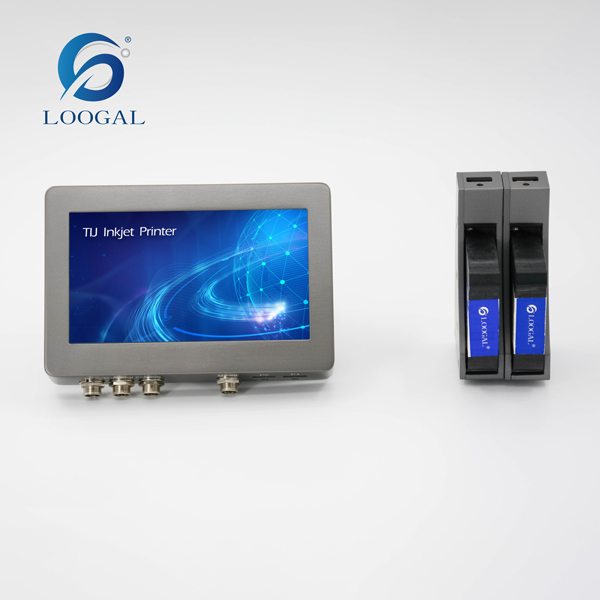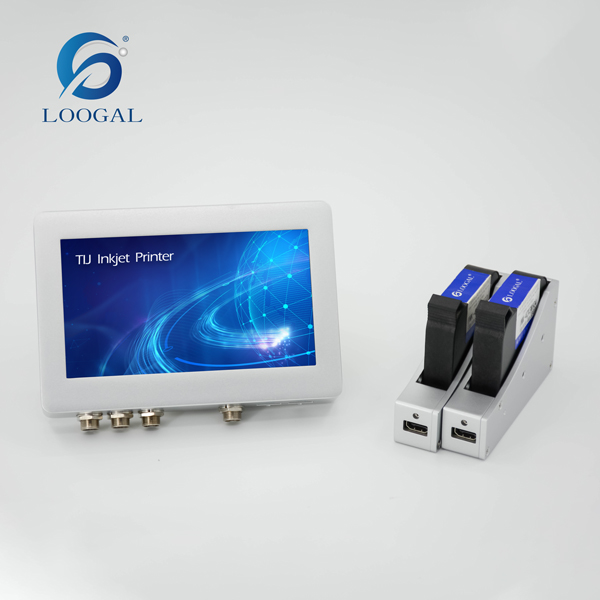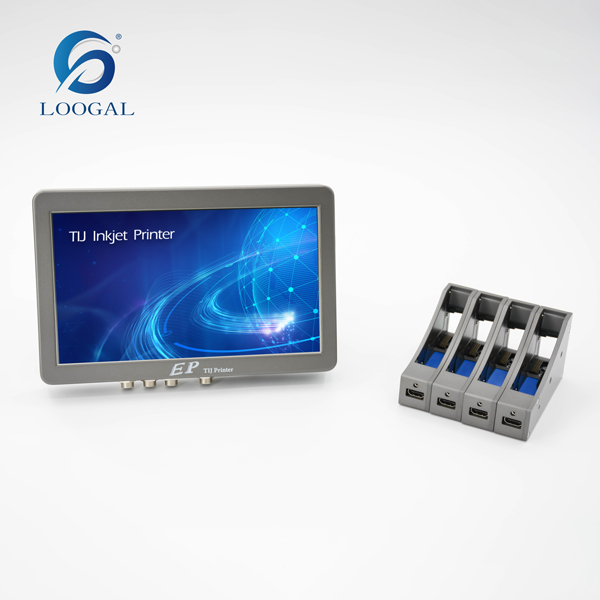Understanding UV Inkjet Printers: How Do They Work?
UV inkjet printers are specialized devices that use ultraviolet light to cure ink instantly. Their operational principles align with piezoelectric inkjet technology. Below is a detailed breakdown of their mechanics and applications.
The Printing Mechanism
1. Ink Droplet Ejection:
A piezoelectric crystal within the printer's nozzle flexes when electrically charged.
This motion creates precise pressure to eject microdroplets of UV-reactive ink.
Post-ejection, the crystal resets for the next cycle.
2. High-Precision Output:
Surface tension replenishes ink in the nozzle after each ejection.
Dense ink dot concentration (per cm²) enables sharp text, complex graphics, barcodes, and variable data printing through database integration.
Ink Chemistry & Curing Process
Composition:
UV ink contains:30-40% base resin
20-30% reactive monomers
Precise proportions of photoinitiators
Additives (e.g., leveling/defoaming agents).
Instant Curing:
UV exposure triggers polymerization—a reaction where ink molecules rapidly cross-link and solidify. This delivers:Near-instant drying
Superior substrate adhesion
Reduced printhead clogging
Simplified maintenance.
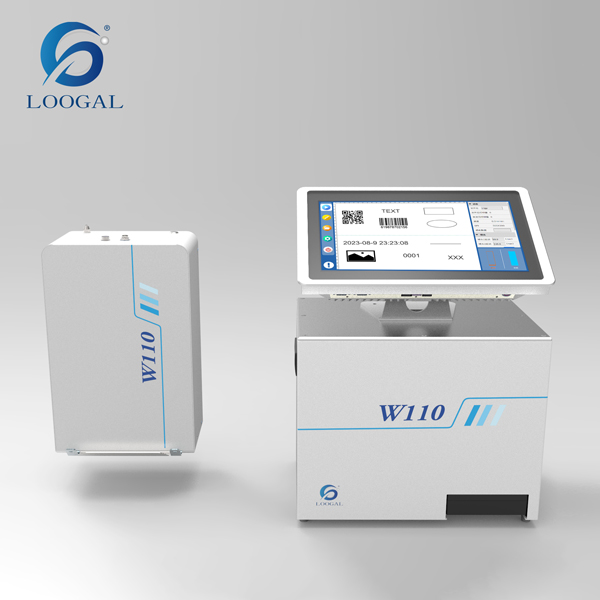
Example: The Loogal W110 UV Printer (Shanghai Loogal) demonstrates this technology with:
108mm print height per printhead
Configurations supporting 1–2 printheads
Print distance up to 30mm
Industry Applications
UV inkjet printers serve diverse sectors and materials due to their adaptability and performance:
| Industries | Compatible Materials |
|---|---|
| Food & Beverage | Aluminum, plastic packaging |
| Pharmaceuticals | Glass vials, blister packs |
| Cosmetics | Acrylic containers, tubes |
| Electronics | Circuit boards, components |
| Manufacturing | Metal parts, hardware |
| Packaging/Labeling | Cartons, synthetic labels, leather |
These printers deliver high-resolution, durable marking on both flat surfaces (tiles, wood panels) and flexible substrates (bags, textured materials).
Key Advantages
Material Versatility: Bonds to non-porous/metallic surfaces unreceptive to conventional inks.
Operational Efficiency: Instant curing enables high-speed production lines.
Durability: Resists abrasion, chemicals, and environmental exposure.
From branding complex geometries to coding medical devices, UV inkjet technology merges precision with operational flexibility across modern industrial workflows.

